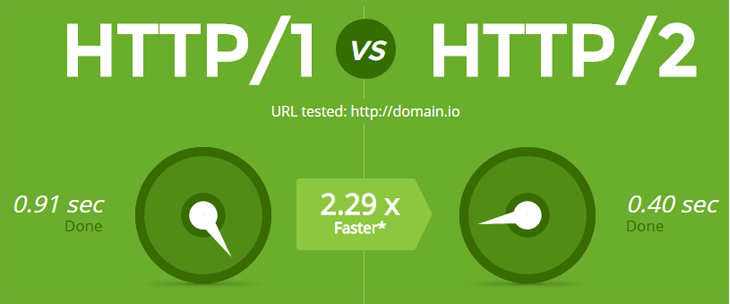16 April 2015
HTTP/2 is coming - what's in it for you?
It has been trailled as the biggest change to the way the web works since 1999. But the introduction of HTTP/2 will shortly make websites load faster, and our whole experience of the internet just a little bit faster. In simple terms, HTTP controls the way a browser on your computer talks to servers where websites are hosted. It's the first bit of any web address you type into your browser, and it was invented by famous Brit, Sir Tim Berners-Lee. It's been doing sterling service for a decade and a half, as we pile ever more traffic across the internet, and insist on ever more complex websites. So HTTP/2 is essentially a makeover of the original coding that HTTP uses. It promises to speed up web browsing, by enabling servers to send more content to a user, in bigger lumps, so that sites load more quickly. And it lets a web browser ask for content from several sites at once, again hastening downloads for us information-hungry web surfers. And as more and more of us are viewing websites on smartphones, HTTP/2's greater mobile capabilities will be much appreciated. So far, so good, but the even better news is that users will not have to change anything, to enjoy the upgrade. It will be down to website developers, hosting services and major online providers such as Google to upgrade their systems to exploit the improvements. And the plans are for everyone to be converted to the new, improved HTTP by 2016.


